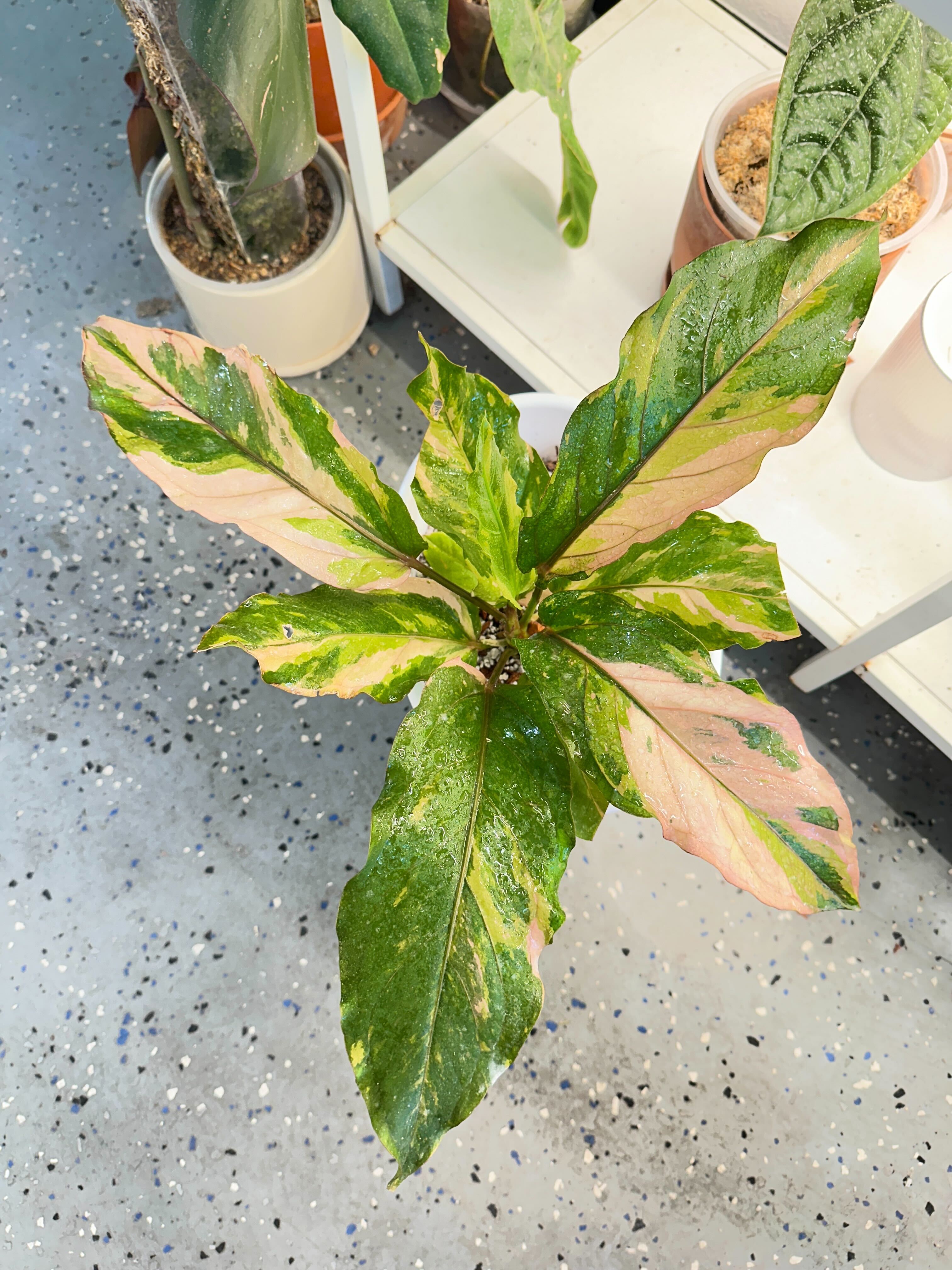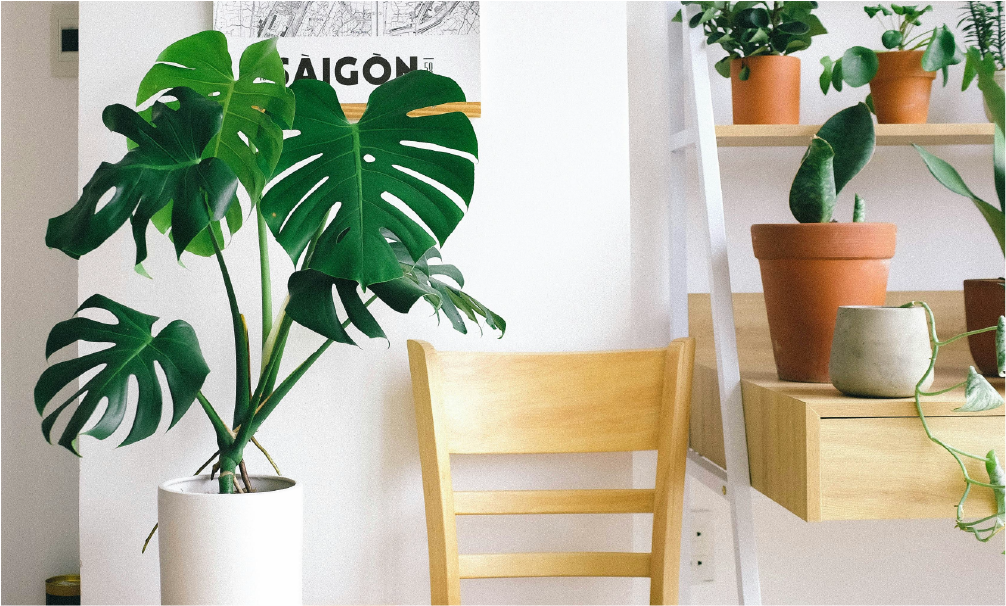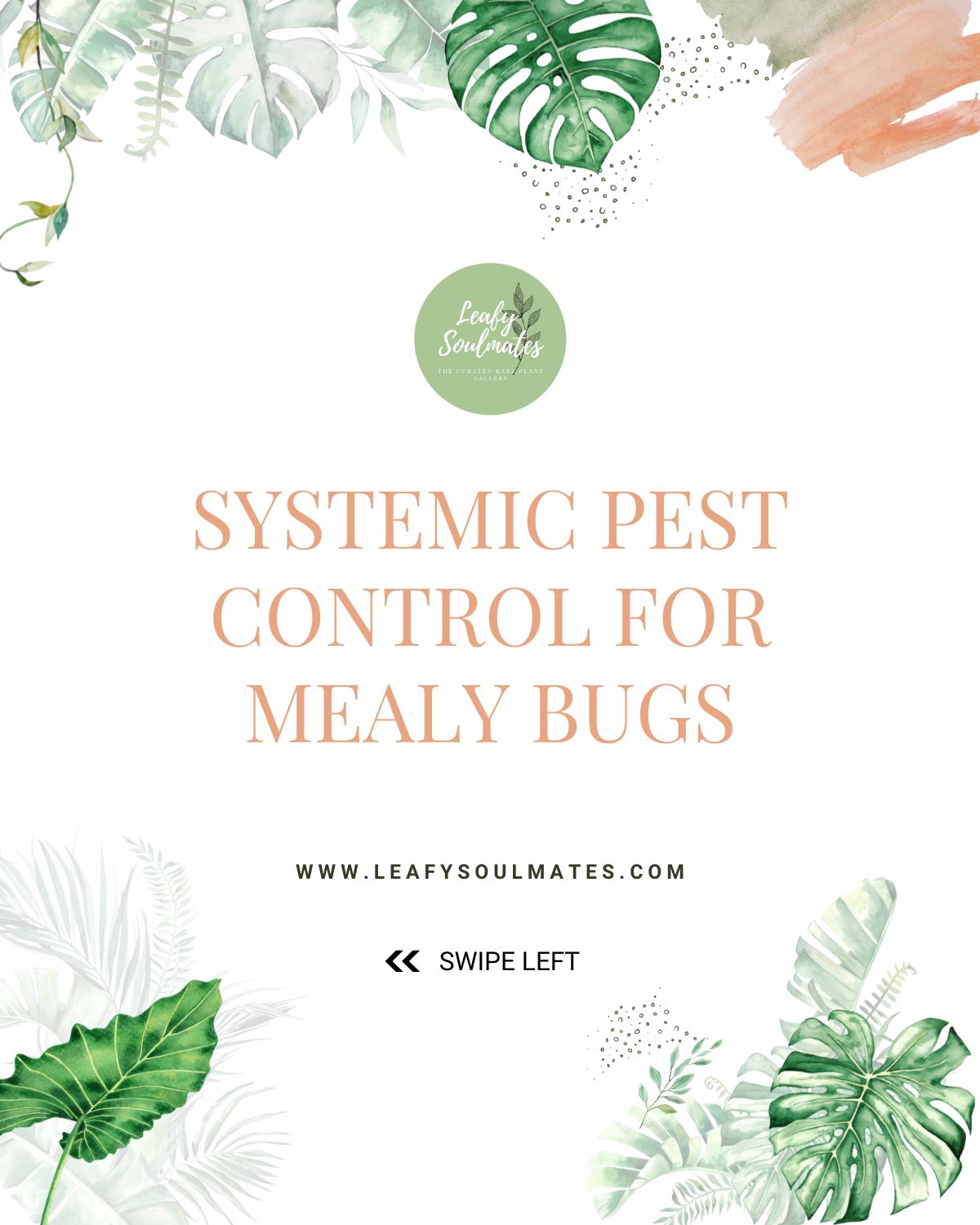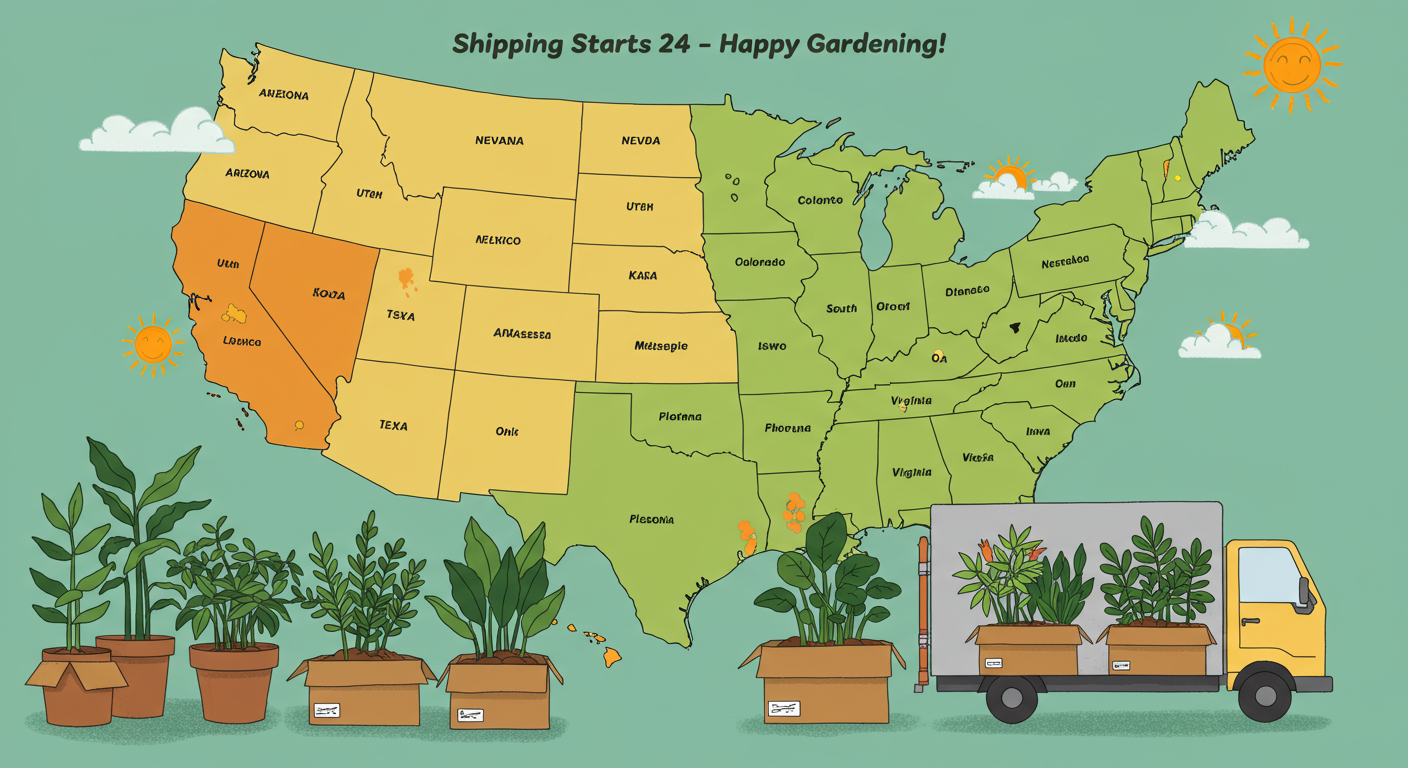How do you tell if a plant is overwatered or underwatered?


As a plant owner, one of the biggest challenges you might face is maintaining the right amount of water for your plants. Too much water, and your plant might suffer from root rot or other water-related diseases, while too little water could lead to wilting and dehydration. So how do you tell if your plant is overwatered or underwatered? Here are some signs to look out for:
Signs of Overwatering
-
Yellowing leaves - One of the most common signs of overwatering is yellowing leaves. The leaves may turn a pale green or yellow color, and they may feel soft and limp to the touch. This is because overwatering can cause the roots to become waterlogged, which in turn prevents them from absorbing nutrients properly.
-
Mold or fungus - Overwatering can create a moist and humid environment that is ideal for mold and fungus growth. You may notice a white or gray mold growing on the soil or the plant's stem. This can lead to the plant's eventual death if not addressed.
-
Root rot - Overwatering can cause the roots to rot, which can be fatal to the plant. The roots may become dark, mushy, and have a foul odor. If left untreated, the plant will eventually die.
Signs of Underwatering
-
Dry soil - If the soil feels dry to the touch, it's a sign that your plant needs water. You can stick your finger into the soil up to your second knuckle to check for moisture. If the soil feels dry, it's time to water your plant.
-
Wilting leaves - Underwatering can cause the leaves to wilt and droop. The leaves may feel dry and brittle to the touch, and they may start to curl up at the edges.
-
Slow growth - If your plant isn't growing as quickly as it should be, it might be because it's not getting enough water. Plants need water to transport nutrients from the soil to the leaves, so if they're not getting enough water, they won't be able to grow properly.
How to Fix Overwatering or Underwatering
If you suspect that your plant is overwatered or underwatered, there are some steps you can take to fix the problem. Here are some tips:
-
Adjust your watering schedule - If you're overwatering your plant, try watering it less frequently. If you're underwatering it, try watering it more often. It's important to find the right balance for your specific plant, as different types of plants have different watering needs.
-
Improve drainage - If your plant is suffering from overwatering, it might be because the soil isn't draining properly. You can add sand or perlite to the soil to improve drainage.
-
Prune affected leaves - If your plant has yellowing or wilted leaves, you can prune them to encourage new growth.
In conclusion, it's important to pay close attention to your plant's watering needs to ensure it stays healthy and happy. By watching out for the signs of overwatering or underwatering, you can take the necessary steps to fix the problem and keep your plant thriving.
FAQs
-
Can overwatering or underwatering kill my plant? Yes, overwatering or underwatering can be fatal to your plant if not addressed.
-
Can different plants have different watering needs? Yes, different types of plants have different watering needs. It's important to research your plant's specific watering requirements.
- Can I use a moisture meter to determine if my plant needs watering? Yes, a moisture meter can be a helpful tool in determining if your plant needs watering. Simply insert the probe into the soil and it will give you a reading of the soil moisture level.
- Can I water my plants too much? Yes, overwatering can be just as harmful as underwatering. It's important to find the right balance for your specific plant.
- What is the best time of day to water my plants? It's best to water your plants in the morning or evening when it's cooler outside. This helps to reduce evaporation and ensures that the water is absorbed properly by the plant.








Comments